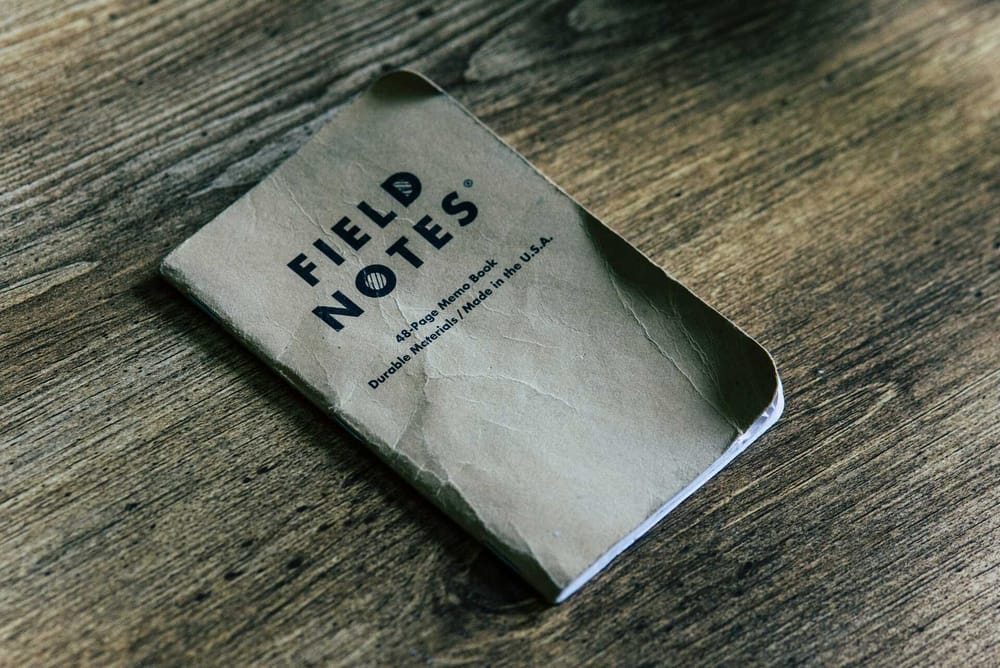I’m Done Future-proofing my Life.
Let the Storm Come

I have officially given up on future-proofing my life.
We’ve all seen the LinkedIn exhortations: learn the right skills before the machines take your job, invest in the right companies before automation hollows out the market, anticipate the right policies before artificial intelligence rearranges the political order.
Etc.
But the more we live in that posture of anxious fortification, the more absurd it feels.
Every week there’s a new prediction, every week there’s some new vision.
A Greek chorus of confident forecasters seem to dominate every social platform, declaring that AI will erase half of all jobs by 2030, or 2040, or it will create more jobs than it destroys, or it’ll go bust and we’ll all move on, or AGI will arrive…
One report says we should all become prompt engineers. Another says prompt engineering is obsolete. Depending on who you listen to, AI has either killed or reinvented TikTok, Facebook, job hunting, journalism, art, music and almost every act of creation except taking a s**t.
We’re spending more time rearranging our ambitions around speculative graphs than doing the actual work in front of us. We’re outsourcing our sense of purpose (and any // all direction) to futurists who, if history and their own track record is any guide, will likely be wrong.
AI has supercharged the culture of prediction. Economists, ethicists, technologists, journalists — everyone suddenly claims a near-precise map of where this technology is going. And everyone forgets how bad we’ve always been at this.
The prophets of the 1950s promised robot maids by 1990. The prophets of the 1990s promised virtual reality workplaces by 2010. The prophets of 2010 promised self-driving cars on every street by 2020. The prophets of 2020 promised On-Chain Everything.
None of it happened as advertised.
But here we are again, lapping up the same speculative certainty. It’s an addiction fuelled by our existential fear of obsolescence. We can’t resist the idea that tomorrow (terrifying tomorrow) is a puzzle we can solve if we just attend the right panel or read the right report.
The future is not a problem to be proofed against.
The future is an inevitability that will break us, one way or another, whether we prepare or not.
My grandparents didn’t future-proof themselves against mechanization or electrification. They were broken and remade by those forces, and they learned to adapt because they had no choice. They evolved flexibility and character in the crucible of change. They didn’t sit around hedging bets on whether diesel engines or assembly lines would eliminate their livelihoods in 20 years. They went to work, and when disruption arrived, they absorbed it as best they could.
If I spend my days trying to armor myself against AI, I’ll end up missing the only thing I can control: how I respond when it comes. The myth of future-proofing is that it creates safety; in reality, it creates fragility. When you tie your security to a forecast, and the forecast is wrong, what do you have left?
But if you stop pretending you can see the path ahead, you start to pay attention to the things that matter: resilience, curiosity, nerve and grit.
I can plan. I can save. I work hard, and I can try my damnedest to make prudent choices with the information I have. But I don’t shape my days around the question of which jobs AI might erase by 2035. I certainly won’t police my kid’s interests according to the labor market projections of so many think tanks.
I don’t believe in the fantasy of an impregnable career.
I believe in the capacity to endure.
I choose work because it matters to me, not because it’s “AI-proof.”
I speak in my own voice.
We’ve seen this play out before: the five-year plans of the Soviet Union, the failed utopias of Silicon Valley, the endless cycles of hype and disappointment.
Each generation thinks it can engineer immunity from change.
Each generation learns it can’t.
We keep repeating the same hubris. We keep praying to the oracle of prediction, hoping we’ll be spared the storm.
But the storm always comes.
And it never looks like the forecast.
I’ll admit, and I’ll own my anxiety: I’m terrified that AI will kill my plans, that it’ll rearrange the coordinates of my life in ways I cannot anticipate, that it’ll mean the death of the written word and the end of creativity and so on.
But I’m not in the business of predicting any of that.
My goal is this and only this: to survive tomorrow with some dignity, to keep faith in what I care about, to meet disruption without surrendering to its omniscience before it even fucking arrives.
Simply put: I refuse to let the specter of the future rob the present of meaning.
Make of that what you will.
